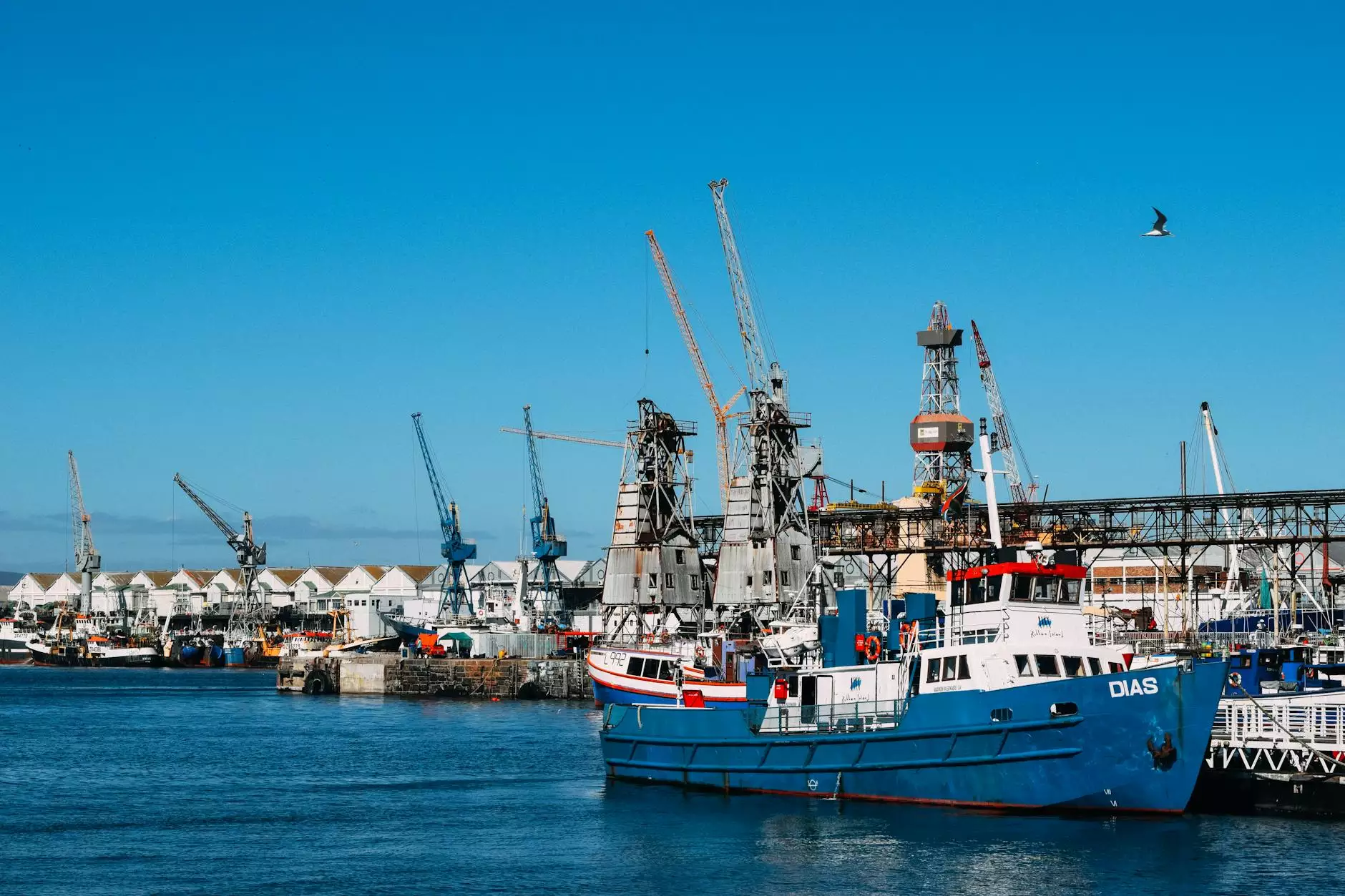Understanding Air Freight Cost: A Comprehensive Guide

In the globalized marketplace of today, air freight cost has become a critical component for businesses looking to expand their reach and optimize supply chains. As companies aim for swift delivery options to meet the ever-increasing customer demands, understanding the intricacies of air freight is essential for cost-effective shipping.
What is Air Freight?
Air freight refers to the transportation of goods via aircraft. It is one of the fastest shipping methods available, making it ideal for perishable goods, urgent shipments, and high-value items. The air freight industry ensures that goods are transported quickly across long distances, with minimal delays. This service is particularly beneficial for businesses that have stringent delivery timelines.
The Importance of Understanding Air Freight Cost
For businesses, comprehending air freight cost is not merely about understanding the price tag; it involves strategic planning and financial forecasting. Here are a few reasons why understanding air freight costs is vital:
- Budgeting and Financial Planning: Accurately predicting shipping costs helps businesses manage budgets effectively and avoid unexpected expenses.
- Competitive Advantage: Businesses that master their shipping costs can offer competitive pricing, tapping into new markets while maintaining their profit margins.
- Supply Chain Optimization: Understanding the factors that influence air freight costs allows businesses to strategize their logistics for greater efficiency.
Factors Affecting Air Freight Cost
Numerous factors contribute to the overall cost of air freight. Here are some of the most significant:
1. Weight and Volume
One of the primary factors impacting air freight costs is the weight and volume of the shipment. Air freight charges are typically calculated based on the greater of the actual weight or the volumetric (dimensional) weight. The formula for calculating volumetric weight is:
Volumetric Weight (kg) = (Length x Width x Height) / 50002. Type of Service
Air freight services vary, including express and standard delivery options. Choosing a faster service will naturally increase the air freight cost, while slower options may be more economical.
3. Distance and Destination
The distance between the origin and destination airports plays a crucial role. Longer distances generally mean higher costs. Additionally, the location of the destination can affect costs, particularly if the destination is in a remote area or involves multiple flights for delivery.
4. Seasonality
Shipping demands fluctuate seasonally, particularly during holiday seasons when businesses ramp up inventory. During peak periods, air freight costs can increase significantly due to elevated demand for air cargo space.
5. Handling and Special Requirements
Shipments requiring special handling, such as hazardous materials or temperature-controlled items, will incur additional fees. It's important to communicate these needs with the freight forwarder to accurately assess costs.
Air Freight Cost Calculation: A Step-by-Step Guide
Understanding how air freight cost is calculated can empower businesses to make informed decisions regarding shipping options. Here’s a detailed breakdown of the typical calculation process:
- Determine the Weight: Weigh the goods and calculate any volumetric weight.
- Select the Service: Choose between express, economy, and other service options.
- Select the Route: Identify the best route based on destination and costs.
- Account for Additional Fees: Include handling fees, security fees, fuel surcharges, and others.
- Compare Quotes: Obtain quotes from multiple carriers to ensure competitive pricing.
Optimizing Air Freight Costs for Your Business
To minimize air freight cost, businesses can adopt several strategies:
1. Consolidation of Shipments
Whenever possible, consolidate smaller shipments into one larger shipment. This reduces the overall cost as freight rates often decrease with increased volume.
2. Negotiate Rates
Establishing relationships with carriers can lead to better rates. Don't hesitate to negotiate terms to secure favorable pricing based on regular shipping volumes.
3. Choose the Right Freight Forwarder
Partnering with an experienced freight forwarder can significantly impact costs. They can provide valuable insights, help navigate regulatory frameworks, and suggest optimal shipping routes.
4. Utilize Technology
Employ tracking and logistics management systems that provide real-time data on shipping costs, helping identify the most cost-effective options available.
5. Understand the Market
Stay updated on market trends affecting air freight costs, including fuel prices, airline capacities, and seasonal demand fluctuations.
Case Studies: Effective Cost Management in Air Freight
To better illustrate the advantages of optimizing air freight costs, let’s review a few case studies:
Case Study 1: A Retail Business
A retail company that specializes in e-commerce was facing skyrocketing shipping costs during the holiday season. By implementing shipment consolidation and negotiating bulk rates with a freight forwarder, they managed to reduce their air freight costs by 20% without sacrificing delivery speed.
Case Study 2: A Technology Firm
A technology firm that frequently shipped high-value goods identified that their urgent shipments were disproportionately expensive. By analyzing shipment data, they shifted some deliveries to semi-urgent options, achieving a cost reduction of 15% across their air freight budget.
Conclusion
In a world where speed and reliability are paramount, understanding and managing air freight cost can be a game changer for businesses. By recognizing the factors that influence shipping costs and implementing cost-effective strategies, companies can enhance their logistics operations, improve customer satisfaction, and maintain competitive pricing. Taking the time to educate yourself on air freight processes not only optimizes expenditures but also paves the way for sustainable business growth in the ever-evolving global market.
For more insights and professional assistance in managing your air freight costs, feel free to explore our services at cargobooking.aero.









